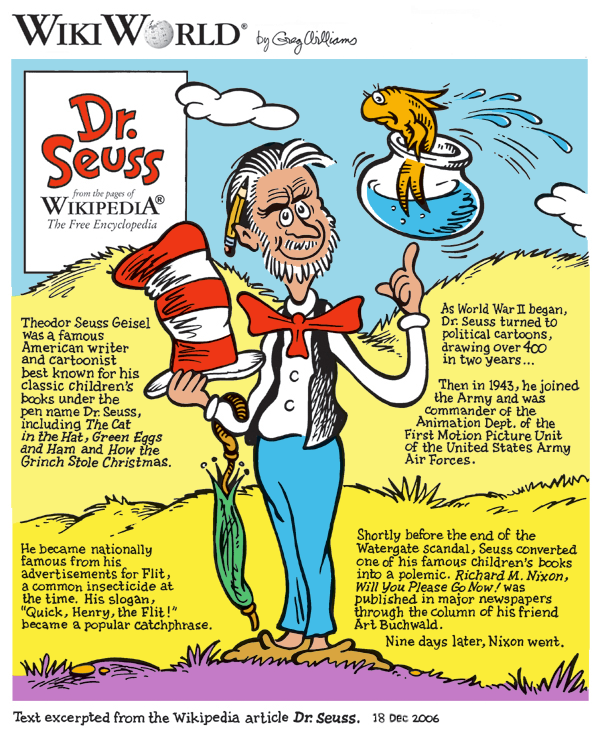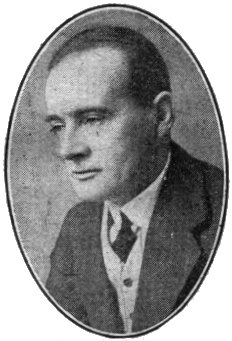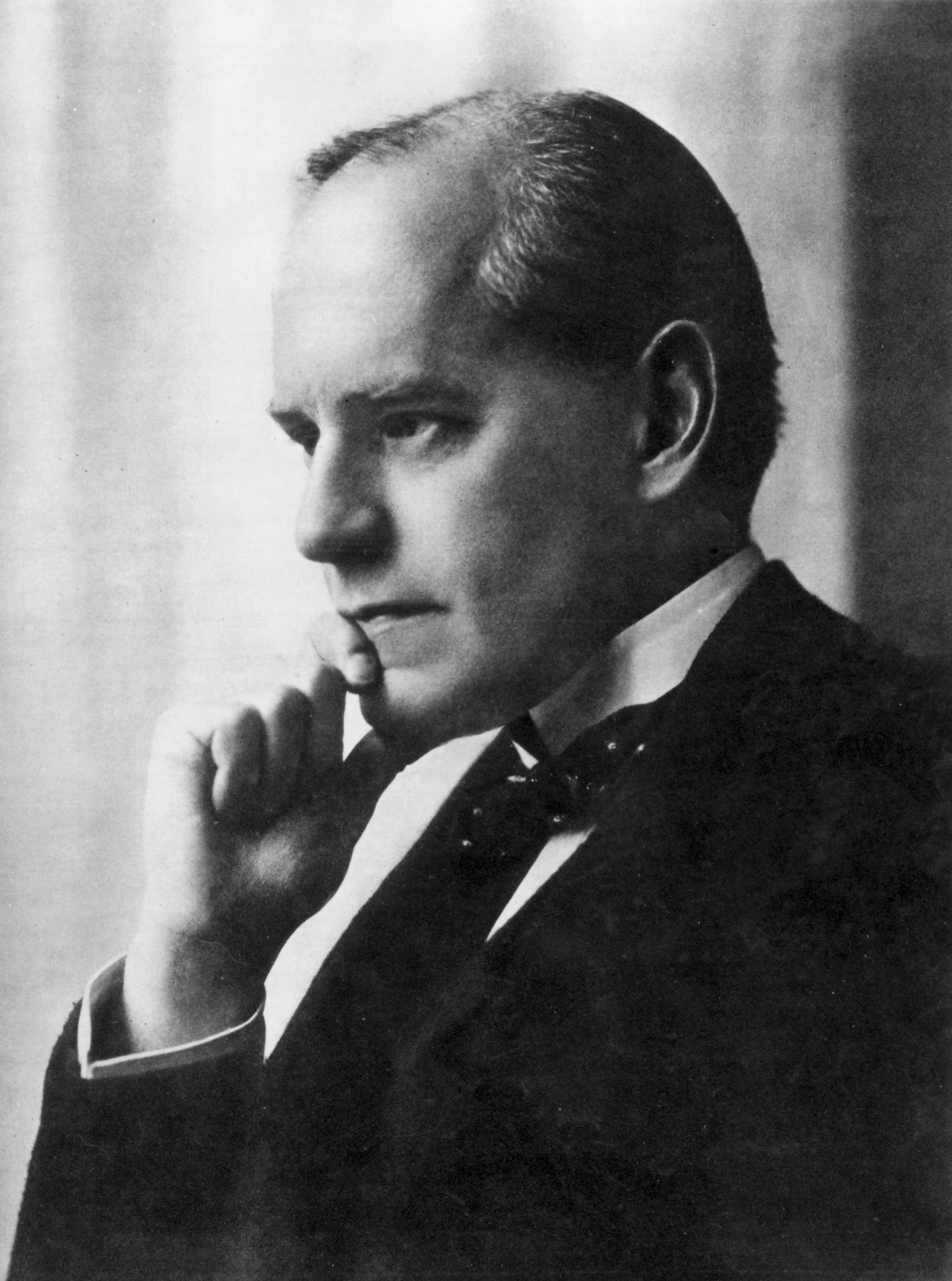|
Courier (Quarterly)
The ''Courier'' was a magazine published in Britain from 1938 to 1951 by Norman Kark Publications. It was printed mainly on art paper and continued to be produced throughout World War II, in spite of the paper restrictions imposed. Each issue included approximately 180 pages, 7½ inches wide by 7 inches deep: at the time, Britain's daily newspapers were rationed to only four pages. There were usually four issues a year (although there were some issues that were missed). The price was three shillings, A Penguin pocket book only cost six pence in 1940 (one sixth of the price). The sub-title was "Picturing Today". Each copy had a large number of Satire articles, one or more shaggy dog story was always included. In addition there was a section of art photographs, including chaste "nude studies" of women, countryside and seascape photographs. Some issues had coloured fold=outs and others had humour inserts printed on standard paper . The contents were grouped into the following ... [...More Info...] [...Related Items...] OR: [Wikipedia] [Google] [Baidu] |
World War II
World War II or the Second World War, often abbreviated as WWII or WW2, was a world war that lasted from 1939 to 1945. It involved the vast majority of the world's countries—including all of the great powers—forming two opposing military alliances: the Allies and the Axis powers. World War II was a total war that directly involved more than 100 million personnel from more than 30 countries. The major participants in the war threw their entire economic, industrial, and scientific capabilities behind the war effort, blurring the distinction between civilian and military resources. Aircraft played a major role in the conflict, enabling the strategic bombing of population centres and deploying the only two nuclear weapons ever used in war. World War II was by far the deadliest conflict in human history; it resulted in 70 to 85 million fatalities, mostly among civilians. Tens of millions died due to genocides (including the Holocaust), starvation, ma ... [...More Info...] [...Related Items...] OR: [Wikipedia] [Google] [Baidu] |
Shillings
The shilling is a historical coin, and the name of a unit of modern currencies formerly used in the United Kingdom, Australia, New Zealand, other British Commonwealth countries and Ireland, where they were generally equivalent to 12 pence or one-twentieth of a pound before being phased out during the 20th century. Currently the shilling is used as a currency in five east African countries: Kenya, Tanzania, Uganda, Somalia, as well as the ''de facto'' country of Somaliland. The East African Community additionally plans to introduce an East African shilling. History The word ''shilling'' comes from Old English "Scilling", a monetary term meaning twentieth of a pound, from the Proto-Germanic root skiljaną meaning 'to separate, split, divide', from (s)kelH- meaning 'to cut, split.' The word "Scilling" is mentioned in the earliest recorded Germanic law codes, those of Æthelberht of Kent. There is evidence that it may alternatively be an early borrowing of Phoenician ... [...More Info...] [...Related Items...] OR: [Wikipedia] [Google] [Baidu] |
Penguin Books
Penguin Books is a British publishing, publishing house. It was co-founded in 1935 by Allen Lane with his brothers Richard and John, as a line of the publishers The Bodley Head, only becoming a separate company the following year."About Penguin – company history" , Penguin Books. Penguin revolutionised publishing in the 1930s through its inexpensive paperbacks, sold through Woolworths Group (United Kingdom), Woolworths and other stores for Sixpence (British coin), sixpence, bringing high-quality fiction and non-fiction to the mass market. Its success showed that large audiences existed for serious books. It also affected modern British popular culture significantly through its books concerning politics, the arts, and science. Penguin Books is now an imprint (trade name), imprint of the ... [...More Info...] [...Related Items...] OR: [Wikipedia] [Google] [Baidu] |
Pence
A penny is a coin ( pennies) or a unit of currency (pl. pence) in various countries. Borrowed from the Carolingian denarius (hence its former abbreviation d.), it is usually the smallest denomination within a currency system. Presently, it is the formal name of the British penny ( p) and the ''de facto'' name of the American one-cent coin (abbr. ¢) as well as the informal Irish designation of the 1 cent euro coin (abbr. c). It is the informal name of the cent unit of account in Canada, although one-cent coins are no longer minted there. The name is used in reference to various historical currencies, also derived from the Carolingian system, such as the French denier and the German pfennig. It may also be informally used to refer to any similar smallest-denomination coin, such as the euro cent or Chinese fen. The Carolingian penny was originally a 0.940-fine silver coin, weighing pound. It was adopted by Offa of Mercia and other English kings and remained ... [...More Info...] [...Related Items...] OR: [Wikipedia] [Google] [Baidu] |
Shaggy Dog Story
In its original sense, a shaggy dog story or yarn is an extremely long-winded anecdote characterized by extensive narration of typically irrelevant incidents and terminated by an anticlimax. Shaggy dog stories play upon the audience's preconceptions of joke-telling. The audience listens to the story with certain expectations, which are either simply not met or met in some entirely unexpected manner. A lengthy shaggy dog story derives its humour from the fact that the joke-teller held the attention of the listeners for a long time (such jokes can take five minutes or more to tell) for no reason at all, as the long-awaited resolution is essentially meaningless, with the joke as a whole playing upon humans' search for meaning. The nature of their delivery is reflected in the English idiom '' spin a yarn'', by way of analogy with the production of yarn. Archetypal story The eponymous shaggy dog story serves as the archetype of the genre. The story builds up a repeated emphasizi ... [...More Info...] [...Related Items...] OR: [Wikipedia] [Google] [Baidu] |
Cartoons
A cartoon is a type of visual art that is typically drawn, frequently animated, in an unrealistic or semi-realistic style. The specific meaning has evolved over time, but the modern usage usually refers to either: an image or series of images intended for satire, caricature, or humor; or a motion picture that relies on a sequence of illustrations for its animation. Someone who creates cartoons in the first sense is called a ''cartoonist'', and in the second sense they are usually called an ''animator''. The concept originated in the Middle Ages, and first described a preparatory drawing for a piece of art, such as a painting, fresco, tapestry, or stained glass window. In the 19th century, beginning in ''Punch'' magazine in 1843, cartoon came to refer – ironically at first – to humorous artworks in magazines and newspapers. Then it also was used for political cartoons and comic strips. When the medium developed, in the early 20th century, it began to refer to animated films ... [...More Info...] [...Related Items...] OR: [Wikipedia] [Google] [Baidu] |
A A Milne
Alan Alexander Milne (; 18 January 1882 – 31 January 1956) was an English writer best known for his books about the teddy bear Winnie-the-Pooh, as well as for children's poetry. Milne was primarily a playwright before the huge success of Winnie-the-Pooh overshadowed all his previous work. Milne served in both World Wars, as a lieutenant in the Royal Warwickshire Regiment in the First World War and as a captain in the Home Guard in the Second World War. Milne was the father of bookseller Christopher Robin Milne, upon whom the character Christopher Robin is based. It was during a visit to London Zoo, where Christopher became enamoured with the tame and amiable bear Winnipeg, that inspired Milne to write the story for his son. Early life and military career Alan Alexander Milne was born in Kilburn, London, to John Vine Milne, who was born in Jamaica, and Sarah Marie Milne (née Heginbotham), on 18 January 1882. He grew up at Henley House School, 6/7 Mortimer Road (now Crescent), ... [...More Info...] [...Related Items...] OR: [Wikipedia] [Google] [Baidu] |
Saki
Hector Hugh Munro (18 December 1870 – 14 November 1916), better known by the pen name Saki and also frequently as H. H. Munro, was a British writer whose witty, mischievous and sometimes macabre stories satirize Edwardian society and culture. He is considered by English teachers and scholars a master of the short story and is often compared to O. Henry and Dorothy Parker. Influenced by Oscar Wilde, Lewis Carroll and Rudyard Kipling, he himself influenced A. A. Milne, Noël Coward and P. G. Wodehouse. Besides his short stories (which were first published in newspapers, as was customary at the time, and then collected into several volumes), he wrote a full-length play, ''The Watched Pot'', in collaboration with Charles Maude; two one-act plays; a historical study, ''The Rise of the Russian Empire'' (the only book published under his own name); a short novel, ''The Unbearable Bassington''; the episodic ''The Westminster Alice'' (a parliamentary parody of '' Alice in Wonderlan ... [...More Info...] [...Related Items...] OR: [Wikipedia] [Google] [Baidu] |
John Galsworthy
John Galsworthy (; 14 August 1867 – 31 January 1933) was an English novelist and playwright. Notable works include ''The Forsyte Saga'' (1906–1921) and its sequels, ''A Modern Comedy'' and ''End of the Chapter''. He won the Nobel Prize in Literature in 1932. Life Galsworthy was born at what is now known as Galsworthy House (then called Parkhurst) on Kingston Hill in Surrey, England, the son of John and Blanche Bailey (''née'' Bartleet) Galsworthy. His family was prosperous and well established, with a large property in Kingston upon Thames that is now the site of three schools: Marymount International School, Rokeby Preparatory School, and Holy Cross Preparatory School. He attended Harrow and New College, Oxford. He took a Second in Law (Jurisprudentia) at Oxford in 1889, then trained as a barrister and was called to the bar in 1890. However, he was not keen to begin practising law and instead travelled abroad to look after the family's trans-European shipping age ... [...More Info...] [...Related Items...] OR: [Wikipedia] [Google] [Baidu] |
News Magazines Published In The United Kingdom
News is information about current events. This may be provided through many different media: word of mouth, printing, postal systems, broadcasting, electronic communication, or through the testimony of observers and witnesses to events. News is sometimes called "hard news" to differentiate it from soft media. Common topics for news reports include war, government, politics, education, health, the environment, economy, business, fashion, entertainment, and sport, as well as quirky or unusual events. Government proclamations, concerning royal ceremonies, laws, taxes, public health, and criminals, have been dubbed news since ancient times. Technological and social developments, often driven by government communication and espionage networks, have increased the speed with which news can spread, as well as influenced its content. Throughout history, people have transported new information through oral means. Having developed in China over centuries, newspapers became ... [...More Info...] [...Related Items...] OR: [Wikipedia] [Google] [Baidu] |
Defunct Magazines Published In The United Kingdom
{{Disambiguation ...
Defunct (no longer in use or active) may refer to: * ''Defunct'' (video game), 2014 * Zombie process or defunct process, in Unix-like operating systems See also * * :Former entities * End-of-life product * Obsolescence Obsolescence is the state of being which occurs when an object, service, or practice is no longer maintained or required even though it may still be in good working order. It usually happens when something that is more efficient or less risky r ... [...More Info...] [...Related Items...] OR: [Wikipedia] [Google] [Baidu] |



.jpg)




